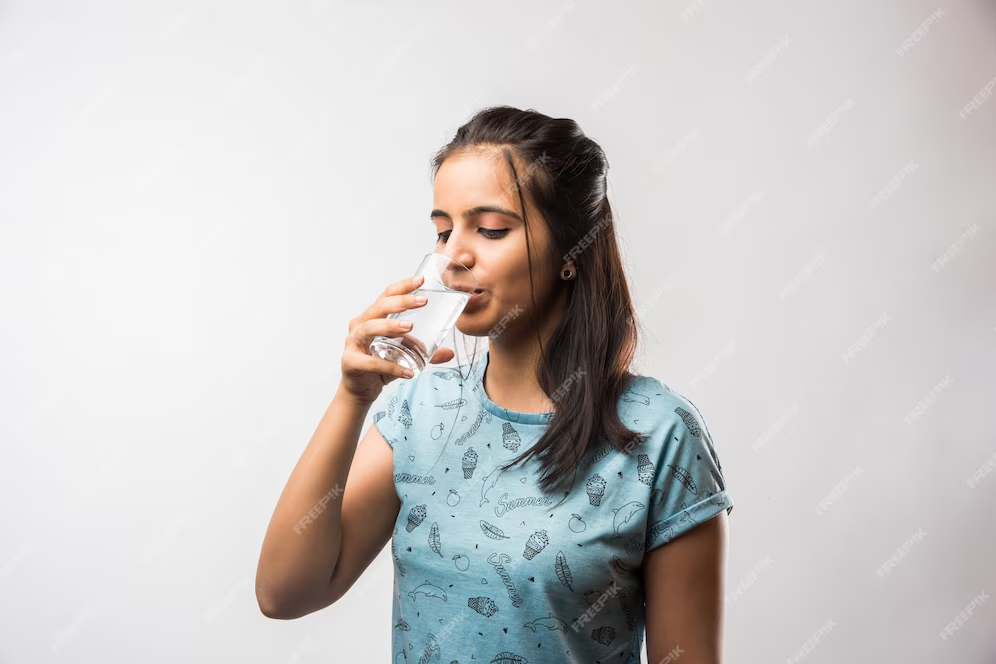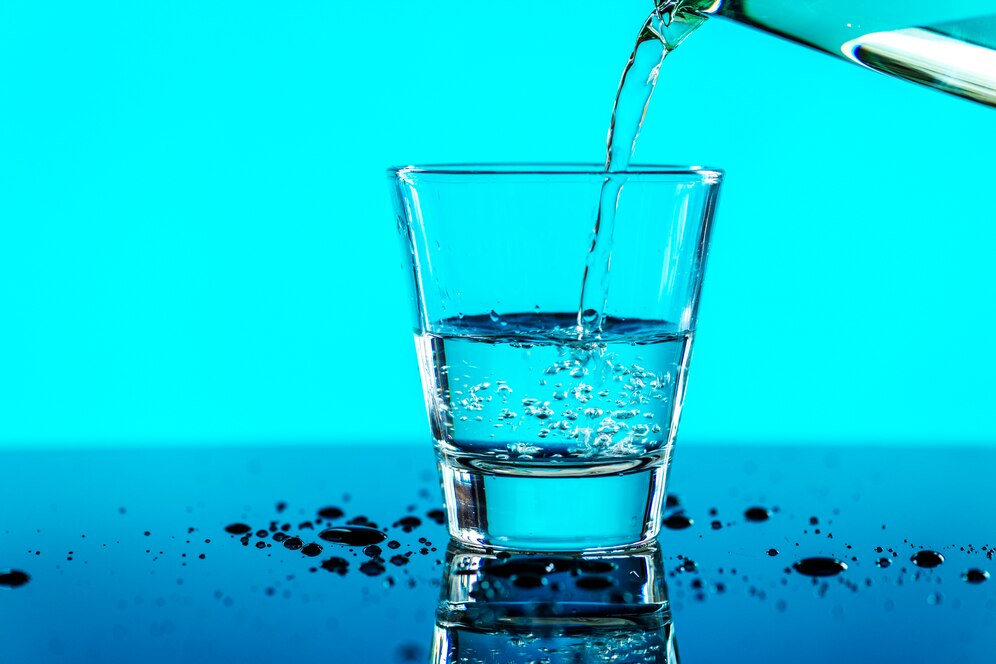For many years it has been believed that drinking water helps in reducing weight. More than 26% of those trying to lose weight cite 'drinking more water' as their method. Some research indicates that there may be a relationship between drinking more water and weight loss, but this relationship cannot be considered a direct cause-effect. Let us know in detail whether drinking water reduces weight or not.

Drinking water activates the sympathetic system in the body. This mechanism helps in increasing heart rate and boosting metabolism. Because of this, drinking water can slightly increase the metabolic rate and the amount of calories burned. A 2023 study found that people who drank a glass of warm water after every meal lost more weight and had a lower body mass index, compared to those who did not drink water.
Does drinking water before eating reduce appetite?
When you drink water, you're not drinking other things (which can be high in calories and sugar). This way you naturally consume fewer calories. Additionally, some people claim that drinking water before eating reduces appetite. But is it true? A 2018 study indicated that drinking water before meals may reduce hunger and eat less in people of average weight and body mass index. However, it is not yet clear how effective it is for people who are overweight or obese.
Research from 2016 shows that when you're not dieting or monitoring your eating, drinking water instead of high-calorie drinks can help you consume fewer calories. For people who have slow metabolism or are obese, drinking water can help them burn more calories. Drinking water can stimulate the body to burn fat without increasing the amount of sugar or insulin in the blood, which can also help in weight loss.

How much water should one drink a day to lose weight?
There are different opinions regarding this. It is often recommended to drink eight glasses (about 2 liters) of water daily. However, a 2017 study found that there was no direct link between drinking this much water daily and weight loss in overweight or obese teens. Every person's water needs are different. For example, people who sweat a lot or exercise regularly may need more water than less active people. At the same time, elderly people and lactating mothers also need to pay special attention to their water intake.
(PC: Freepik)










